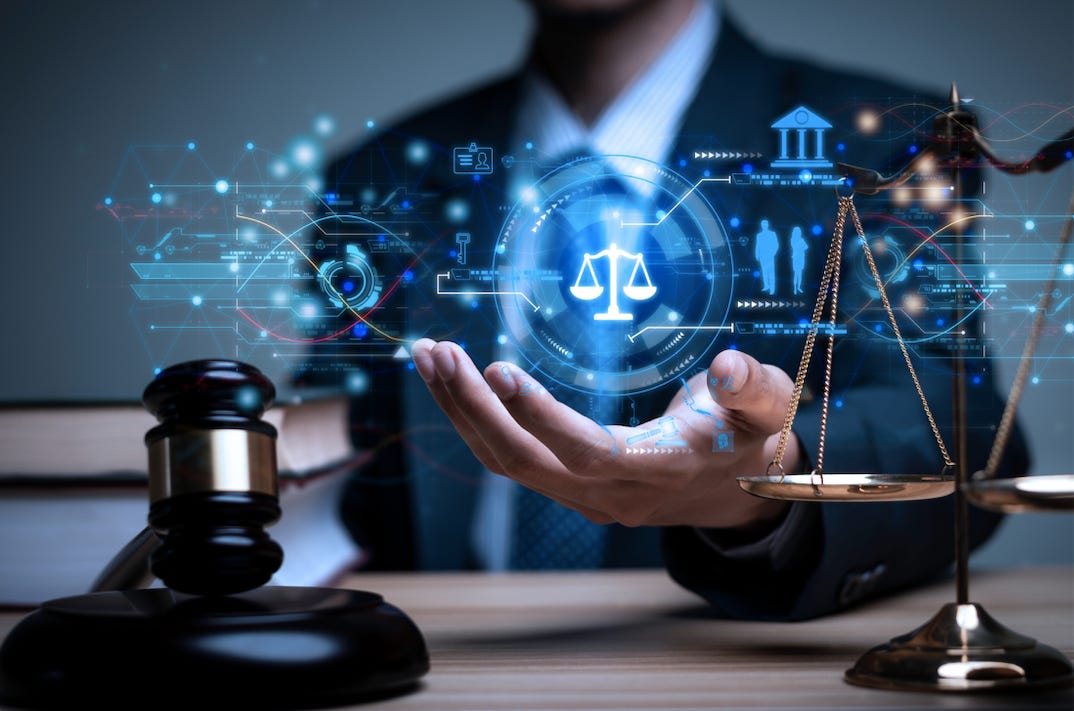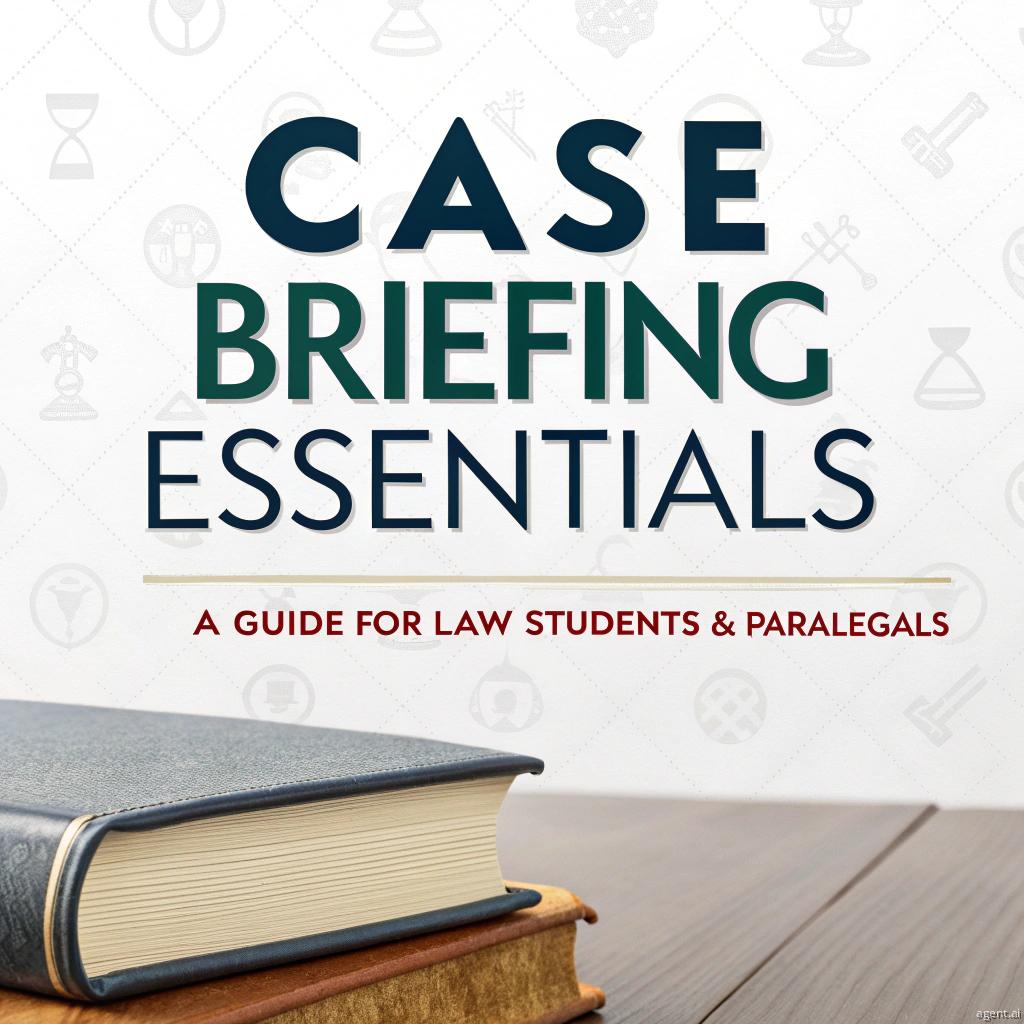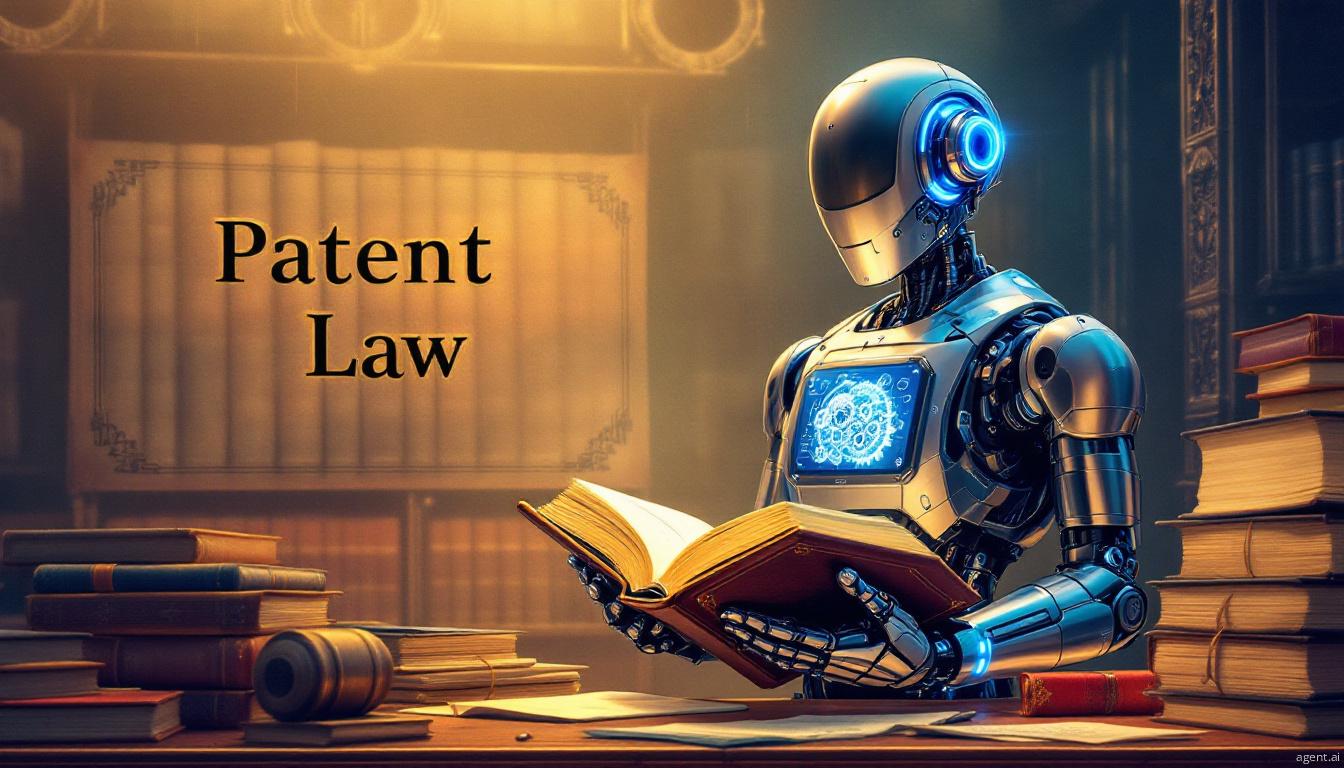The opinion articulated in ABA Formal Opinion 512 discussed.
ABA Formal Opinion 512, released in July 2024, addresses the ethical implications of using generative AI tools by lawyers. It focuses on the reasonableness of fees under Model Rule 1.5, emphasizing transparency and client understanding. The opinion states that lawyers must explain any charges for AI tools or services, preferably in writing. For hourly billing, lawyers can only charge for actual time spent, even if AI enhances efficiency. Flat or contingent fees may be deemed unreasonable if AI significantly reduces the lawyer's time. Lawyers can bill for direct AI tool costs but not add surcharges. Overhead costs are not chargeable unless disclosed beforehand. Costs for basic practice tools like word processing are not billable, but out-of-pocket expenses for specific tasks, like large document reviews, are. Lawyers cannot bill for their AI learning time unless the client specifically requests it. The core principle is reasonable fees and client transparency.
Focus on the Result
Clients hire lawyers for specific outcomes. If AI enables faster case completion, clients benefit by moving on with their lives, and lawyers benefit from reduced case management burdens. Analogizing to the shift from physical to electronic legal research, the article argues that efficiency gains shouldn't automatically decrease fees. Just as lawyers adapted to electronic research and passed on those costs initially, AI represents a new technological advancement whose value should be considered. Insisting on outdated, time-intensive methods could be seen as unreasonable. The focus should be on the successful outcome and agreed-upon fee, not just the time spent.
Underestimating the Value of AI Work
AI provides real value. Value-based billing focuses on quality and service, not just hours. Clients benefit from AI-driven efficiency and organization. While AI systems involve substantial costs, they ultimately allow for better case management and more time for high-level legal work and client interaction.
Obsolete Cost Comparison
Formal Opinion 512's cost analogies, like maintaining a physical library, are outdated. Many firms operate virtually. Allowing lawyers to incorporate AI costs into service delivery and potentially including a "tech fee" for transactional prompt costs could be reasonable, aligning with Model Rule 1.5's allowance for reasonable in-house service cost reimbursement.
Inhibiting Innovation
Innovation is crucial. Clients will demand it. Lawyers avoiding AI due to fee concerns may ultimately harm clients. Large firms with AI resources could gain an unfair advantage. The article uses an auto manufacturing analogy to illustrate how efficiency gains from technology benefit both producers and consumers in other industries, questioning why law should be different.
Updating the Standard for Reasonableness in Legal Fees
Lawyers should be able to utilize AI and remain profitable without violating Model Rule 1.5. The "reasonableness" standard should evolve with technology. Focusing solely on time spent, without considering the nuances of achieving successful outcomes efficiently and with potentially increased client interaction, is shortsighted. State bars should adopt a flexible approach to this evolving landscape.
The LeX Files Podcast - Mastering Procedure with Lex
Welcome to this guide on case briefing, an essential skill for law students and legal professionals. Let's walk through the key components and process of creating an effective case brief. When you begin your case brief, start with the case title and citation. This provides the foundational information about who's involved and where to find the original case. Think of it as your legal GPS coordinates. Next, focus on the facts. Only include those facts that are crucial to understanding the court's decision. This means filtering out interesting but legally irrelevant details. Remember, you're not telling a story - you're building a legal framework. The procedural history follows, outlining the case's journey through lower courts. Keep this concise, noting only significant decisions and actions that led to the current court's consideration.
When addressing the issue or issues, frame each as a yes-or-no question. This helps clarify exactly what the court needed to decide. For example, "Did the defendant's actions constitute negligence under state law?" The holding section should directly answer these questions with clear, unambiguous statements. If the court uses specific language in their ruling, include these key quotes as they often become instrumental in future cases. In the reasoning section, detail the court's logical path to their conclusion. This is where you explain not just what the court decided, but why they decided it that way. Include any significant precedents they relied upon and how they applied them to the current case.
Finally, don't overlook concurring and dissenting opinions. These alternative viewpoints often provide valuable insights into different legal interpretations and may influence future cases or legal developments. Remember to write your brief in clear, precise language. A good case brief serves as a quick reference tool that helps you understand and apply legal principles effectively.
Why Choose Us
We offer a team of highly skilled and experienced professionals who provide top-quality legal support with unmatched efficiency and flexibility. Our commitment to client satisfaction, combined with our use of the latest technology, ensures that you receive exceptional value and peace of mind.
Experience with eFiling, case management tools and online applications. we are available around the clock to help you meet your timelines.
We use the Latest Technologies: From LexisNexis to Westlaw and AI tools to get the work done in half the time.
Our team of experienced paralegals leverages cutting-edge technologies to deliver exceptional legal support that is both efficient and affordable
We are passionate about empowering our clients with the tools and expertise they need to succeed.

citation:
Carney, M. (2024, December). Formal Opinion 512 and The Reasonableness of Fees When Using AI. American Bar Association. Retrieved from Visit American Bar Association.org!

























